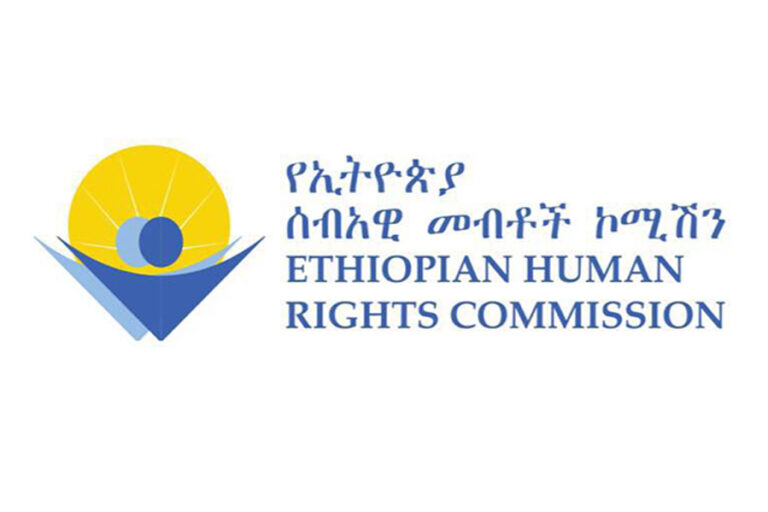Safaricom Ethiopia appoints Henok Teferra, Ethiopia’s former ambassador to France as its Chief External Affairs and Regulatory Officer replacing Matthew Harrison Hervey who left Safaricom in December 2022.
Henok who has been serving as Ethiopia’s Ambassador Extraordinary and Plenipotentiary of the Federal Democratic Republic of Ethiopia to France, Spain, Portugal, Holy See and Monaco for the last four years since 2018-2022, will now take over from where his predecessor left off.
Matthew Harrison Hervey who has been serving Safaricom Ethiopia as Chief External Affairs and Regulatory Officer starting from mid-2021 has left the company on December 2022 after the company held its national launch in Addis Ababa on October 2022.

By way of academia, Henok Teferra obtained a Master’s degree in International Public and Private Law from the University of Nice in 1997 and a post-graduate degree in International Economic Law from the University of Panthéon-Sorbonne Paris in 1998. From 2000 to 2001, he worked as a developer-engineer at SYLIS S.A. in Paris, France. Between 2003 and 2010, he was appointed Third, then Second and finally First Secretary at the Ministry of Foreign Affairs of Ethiopia.
From 2010 to 2013, he was Director of Communications and International Affairs at Ethiopian Airlines. From 2013 to 2015, he was appointed Vice President of Corporate Strategy, Communications and Alliances at Ethiopian Airlines, a member of the Board of Directors of ASKY Airlines, and a member of the Star Alliance Management Board.
Henok was reappointed Vice President for Strategic Planning and Alliances at Ethiopian Airlines in 2017. He contributed to the airline’s rapid 25% growth by overseeing the entry into service of one new aircraft per month and the construction of new facilities. He also implemented strategic partnerships and fostered commercial cooperation with other airlines. He has received several awards and recognitions, including the Choiseul 100 Africa and the ASKY Airlines: Airline of the Year Award for Regional Operations.
According to sources, Henok will be the second Local senior management at Safaricom Ethiopia following Andarge Kabtimer, Chief Sales and Distribution Officer.
Since starting its operations with customer pilots in August 2022, and following its national launch ceremony in October 2022, Safaricom Ethiopia has grown its subscriber base to 2.8 million customers across Ethiopia.




